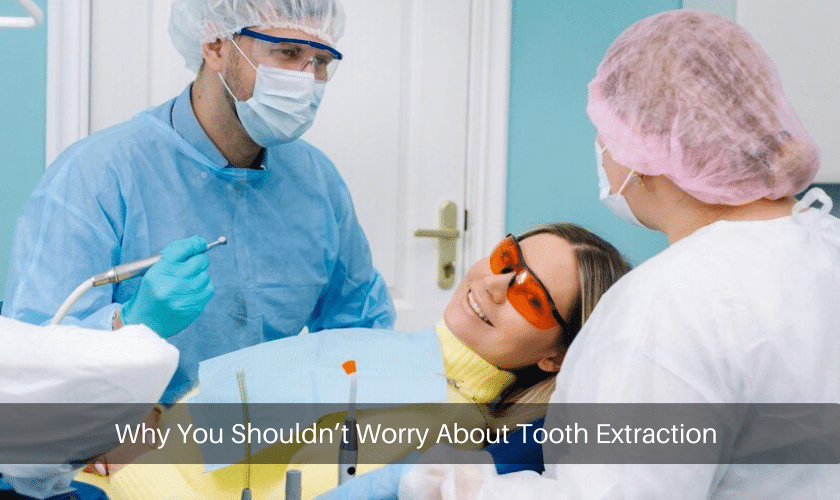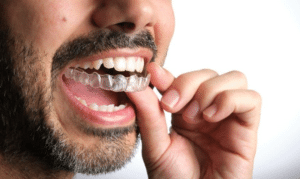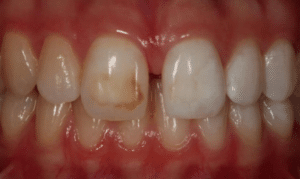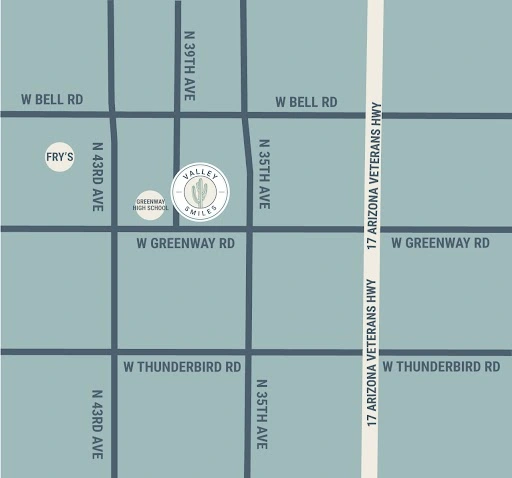At one point or another, you may find yourself needing to have a tooth extracted. You might feel anxious about the procedure, but there’s no need to worry. Tooth extraction is actually relatively common and safe if done by an experienced dentist. In this blog post, we’ll discuss why you shouldn’t worry about tooth extraction, the risks and benefits associated with it, and some frequently asked questions.
If a dentist has told you that you will need to get a tooth extracted, you might feel apprehensive. Rest assured that tooth extraction is a common and safe procedure when done by an experienced dentist. In this blog post, we’ll discuss why you shouldn’t worry about tooth extraction, the risks and benefits associated with it, and some frequently asked questions.
Benefits of Tooth Extractions
Tooth extractions can be beneficial in many ways. Here are just a few of the advantages:
1. Removal of Infected Teeth: One reason for extraction is to remove an infected tooth that cannot be saved with a root canal or other treatment. Removing the infected tooth helps to prevent infection from spreading to other areas of your mouth.
2. Removal of Impacted Teeth: Impacted teeth are those that cannot grow correctly due to the lack of space in the jawbone or gum tissue. Extracting impacted teeth allows for other healthy, properly growing teeth to have more room in your mouth.
3. Improved Appearance: Tooth extractions can also improve your appearance. Extracting teeth that are poorly positioned or decayed can help to create a more attractive smile.
Risks of Tooth Extractions
While tooth extractions come with many benefits, there are also some risks associated with the procedure. These include:
1. Pain and Discomfort: It’s natural to feel some discomfort or pain after the extraction. The dentist typically prescribes medications and suggests a soft food diet to reduce the pain from post-operative swelling.
2. Bleeding: Some bleeding may occur immediately following the extraction, but it should stop within a few hours of the procedure. If it does not stop, it’s important to contact your dentist as soon as possible.
3. Dry Socket: This occurs when a blood clot fails to form in the site of the extraction, leaving bare bones exposed. To treat this condition, your dentist will place a medicated dressing in the socket and Flush out any debris that may be present.
FAQs
1. How long does it take for a tooth extraction to heal?
It typically takes 7-10 days for the extraction site to fully heal.
2. Is there anything I should avoid after a tooth extraction?
Yes, it’s important to avoid vigorous activities such as exercise, drinking through a straw, and smoking. You should also avoid eating hard foods as these can cause further damage to the extraction site.
3. How do I know if I need a tooth extraction?
Your dentist will be able to assess your mouth and provide an opinion on whether or not you need an extraction. If an infection is present, it may be necessary to extract the tooth to prevent it from spreading.
Overall, tooth extraction should not be something you worry about as it is a safe and common procedure. The risks associated with it are minimal and the benefits can be significant. Ultimately, if you have any questions or concerns, your dentist can provide personalized advice based on your specific situation.
Conclusion
Overall, tooth extraction is a safe and commonly performed procedure. The risks of the procedure are minimal, and the benefits can be substantial. If you have any questions about whether or not you should get your tooth extracted, it’s best to discuss it with your dentist who can provide personalized advice.





